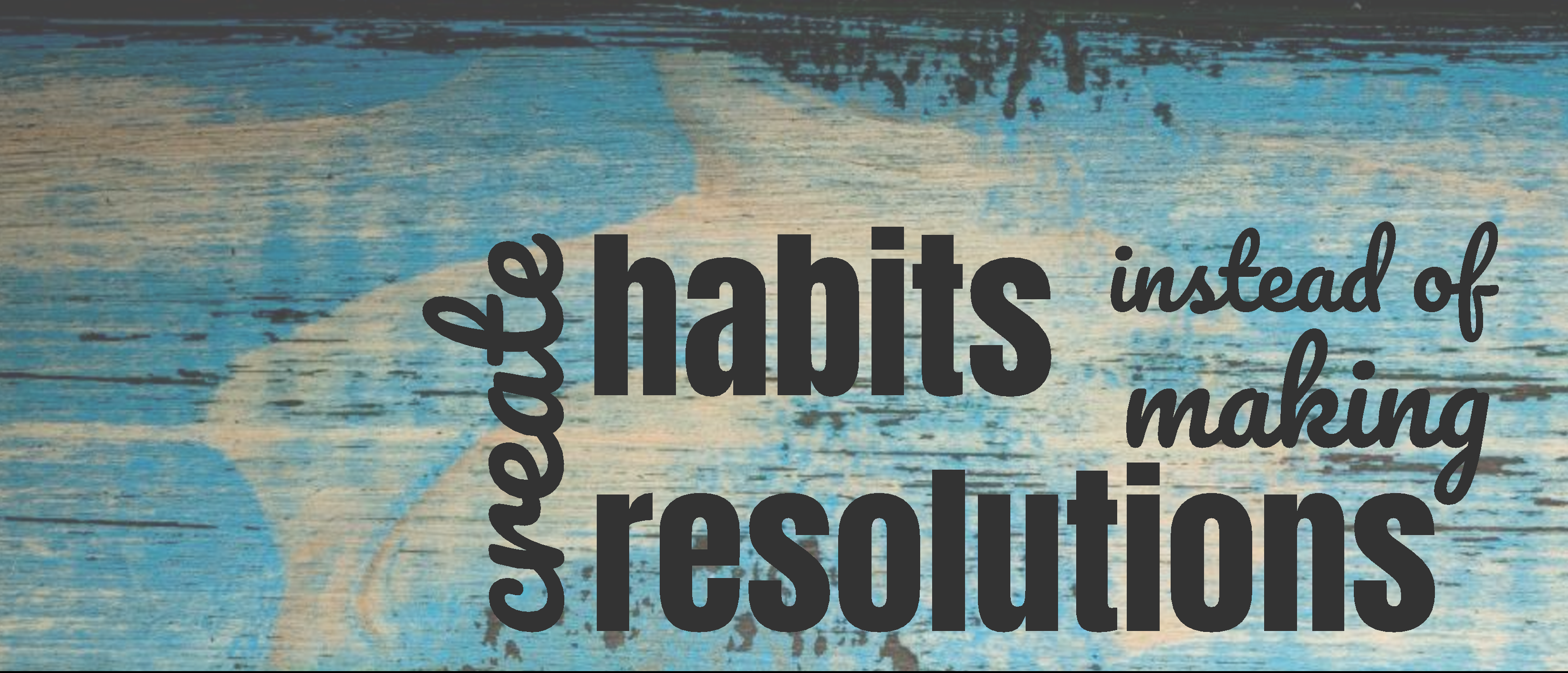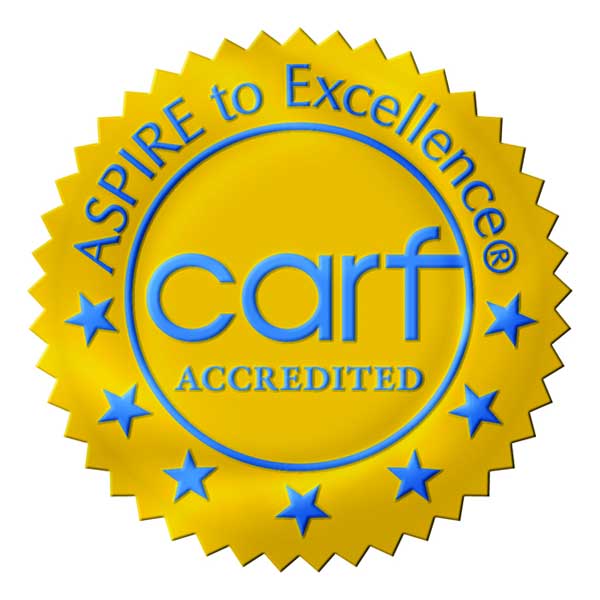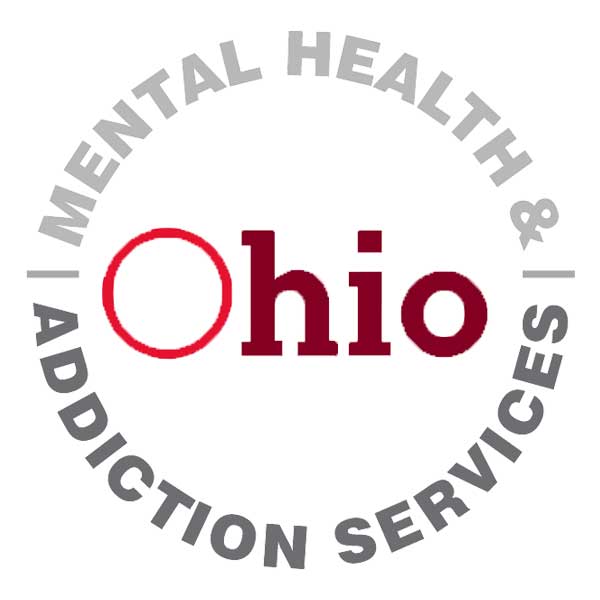RECOVERY STARTS HERE!
513.792.1272
Beyond “Just Say No”

Many of us grew up in the age of “just say no” that permeated anti-drug education in the 80s and 90s. When so many children commit to “just say no,” and still eventually use alcohol or other drugs, there must be other solutions.
Glennon Doyle Melton’s Momastery Blog inspires many parents on a daily basis. One blog discussed an important topic that many of us struggle with. In the absence of a plan, it is easier to say, “Yes.”
How many of us have committed to taking on a project or responsibility we did not really want to do? We do this at work, for friends, and for our families. Sometimes a simple, “Let me think about it and get back with you,” response can work, but other times, you need to have a specific response.
Saying no begs an explanation and saying yes doesn’t.
Throughout their lives, we teach kids the words to use in uncomfortable and new situations. These may include: when they meet someone new, how to ask someone to play, how to ask for something you need, and how to show gratitude. We teach our kids to “Just Say No!” to drugs, but if we do not take the time to create a plan with them, they may not have the right words when the time comes for them to use them. Melton says, “Saying no begs an explanation and saying yes doesn’t.”
She and her husband sat down with their preteen son and talked about various awkward situations that are likely to happen throughout his teens. Together, they brainstormed responses so he has them to practice. They discussed what to do when:
- You notice a kid who looks lonely
- Someone offers you a beer
- A person offers you weed
- Someone starts texting while driving
- You find yourself in a sexual situation you’d rather avoid
- A kid is being teased by someone in the hallway
- Someone is about to drink (or drug) and drive
Besides, “No,” or ignoring the situation, what specific excuses or responses can you use? This may be a good time to talk about white lies and how they can help you get through awkward situations.
Make sure your preteen or teen knows your family’s values and rules. these can be used in the response. Is it ok to say, “My dad will pick us up, don’t drink and drive”? Do you want him or her to tell people that you will be drug testing them so they can’t use? Should he or she develop a sudden health issue that precludes use?
Remind your teens that true friends will not pressure them to use. Melton’s family developed some great excuses which you can find on her blog.
By discussing and practicing how to specifically respond to each of these situation, your preteens and teens can feel more confident when they want to “just say no” to their peers.
References
RELATED POSTS
ASAP is Cincinnati's premiere outpatient treatment center for teenagers, young adults, and their families struggling with substance abuse and mental health problems. Our specialized programs include TRIP for adolescents (ages 12-19), PIVOT for young adults (ages 18-26), and Clarity Intensive for those with emotional and behavioral disorders.
SUBSCRIBE
Enter your email address to receive news and information from ASAP.
[sibwp_form id=2]CALL US AT
513.792.1272
OR
Request a call from an ASAP professional










